United Airlines Fiasco: What You May Not Know
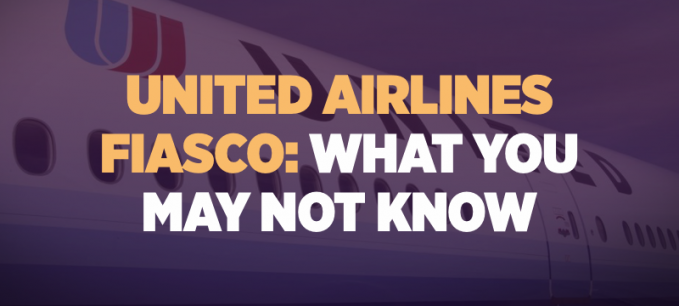
Unless you’re a cave dweller, you will be aware of the viral video showing a United Airlines (UA) passenger, Dr. David Dao, being hauled from his seat, bloodied on an armrest, and quite literally dragged off a plane while other passengers are visibly and volubly shocked.
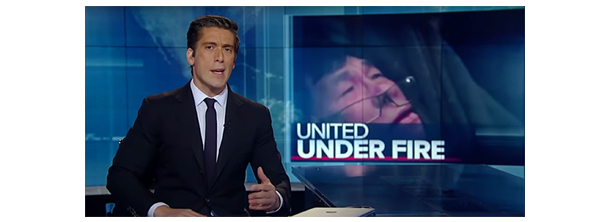
VIDEO: United Airlines Breaking Story (ABC News)
How the disturbing situation was created, and the ferocity of the public backlash, is a rather curious affair, one that prompted me to read up on several dozen media reports to get a clearer picture of events.
Just about every media outlet and commentator from CNN to Jimmy Kimmel, going off UA’s initial claim, reported the flight as “overbooked” or “oversold.” But the flight was not overbooked; it was fully booked. (A fact that UA later acknowledged and corrected.) UA decided to boot four booked customers to make room — not for other customers — but for their own employees, and only after customers had boarded the plane.
Some have incorrectly assumed UA had the legal authority to remove Dao, even if it was handled poorly. As noted by a Cornell University law professor who reviewed the situation, UA probably did not have the legal right to remove Dao once boarded (and since Dao has retained a lawyer and looks set to sue, he will likely get a settlement in the millions).
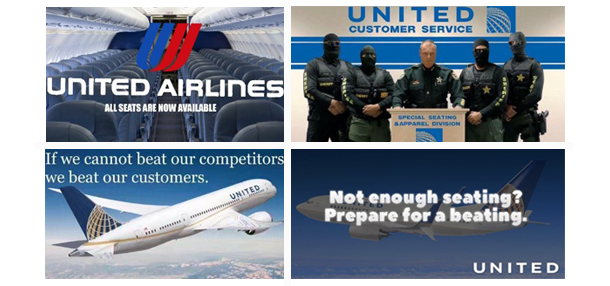
#NewUnitedAirlinesMottos
UA's image had already been hurt by a couple of high profile PR incidents (United Breaks Guitars and The Leggings Row). The airlines had also previously suffered at the hands of an infamous cost-cutting CEO whom the Huffington Post cited as “Perhaps the Worst CEO in the Business.” Jeff Smisek, who was forced out in late 2015, drove engagement levels to such a point that employees set up a website to air their grievances and coined the phrase “that’s Jeff’d up.”
Enter Oscar Munoz, awarded PRWeek’s 2017 "Communicator of the Year” (the Oscars of the PR world) for “rehabilitating the image of an airline once tangled in image crises.” Oh boy.
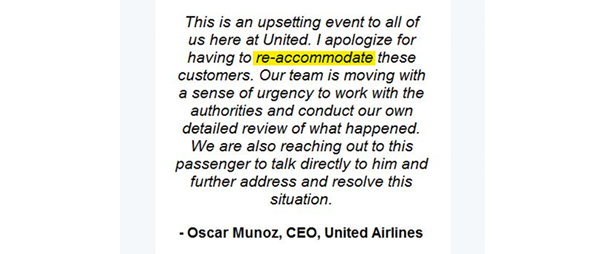
Instead of an immediate and heartfelt apology, Munoz appeared, at best, completely tone-deaf, and, at worst, to be a callous corporate elite. His first statement apologised for having to “re-accommodate” customers, which spawned endless memes.

In a damaging internal email that was leaked, Munoz firmly supported his staff's actions, calling the passenger “belligerent” and “disruptive.” This was directly contradicted by video and eyewitness testimonies of Dao's behaviour. Blaming the victim turned an intense but extinguishable blaze of energy into a full-blown firestorm. United’s stock price, which had remained steady on the first day, plummeted on the second day, once investors got wind of the CEO’s response.
In an interesting twist, it appears possible that Munoz’s strength as a communicator may have backfired in the most ironic way. As someone recognised for supporting and encouraging staff, his quickness to stand behind his team and update employees before the full facts were known may have created a customer blindspot. But maybe this is too generous; it would be difficult to imagine the likes of Richard Branson or Herb Kelleher creating the same kind of mess. Munoz didn't do himself any favours when serious damage control only started after the stock price had fallen and people started calling for his resignation. At that point, his TV apology was too little too late.
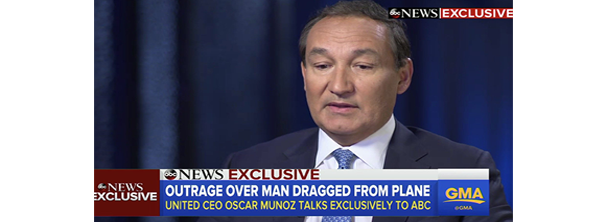
VIDEO: United Airlines CEO Talks to ABC News
When the power of social media — an increasingly volatile power, with cameras now on nearly every phone — is considered alongside a social climate that is deeply cynical of corporate capitalism, hostile towards institutional power, irritated by wealth inequality, hypersensitive to discrimination, weary of marketing BS and political spin, hungry for transparency, and prepared to spill data to expose the truth, the result is a highly flammable mixture that companies, leaders, and citizens alike would be well advised not to underestimate.
Topics:
General Business
Theo Winter
Client Services Manager, Writer & Researcher. Theo is one of the youngest professionals in the world to earn an accreditation in TTI Success Insight's suite of psychometric assessments. For more than a decade, he worked with hundreds of HR, L&D and OD professionals and consultants to improve engagement, performance and emotional intelligence of leaders and their teams. He authored the book "40 Must-Know Business Models for People Leaders."

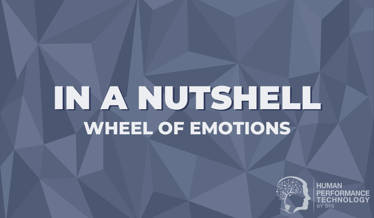
/the%20importance%20%20of%20mentors_%20a%20tribute%20to%20jim%20rohn.png?width=374&name=the%20importance%20%20of%20mentors_%20a%20tribute%20to%20jim%20rohn.png)
We Would Like to Hear From You (0 Comments)